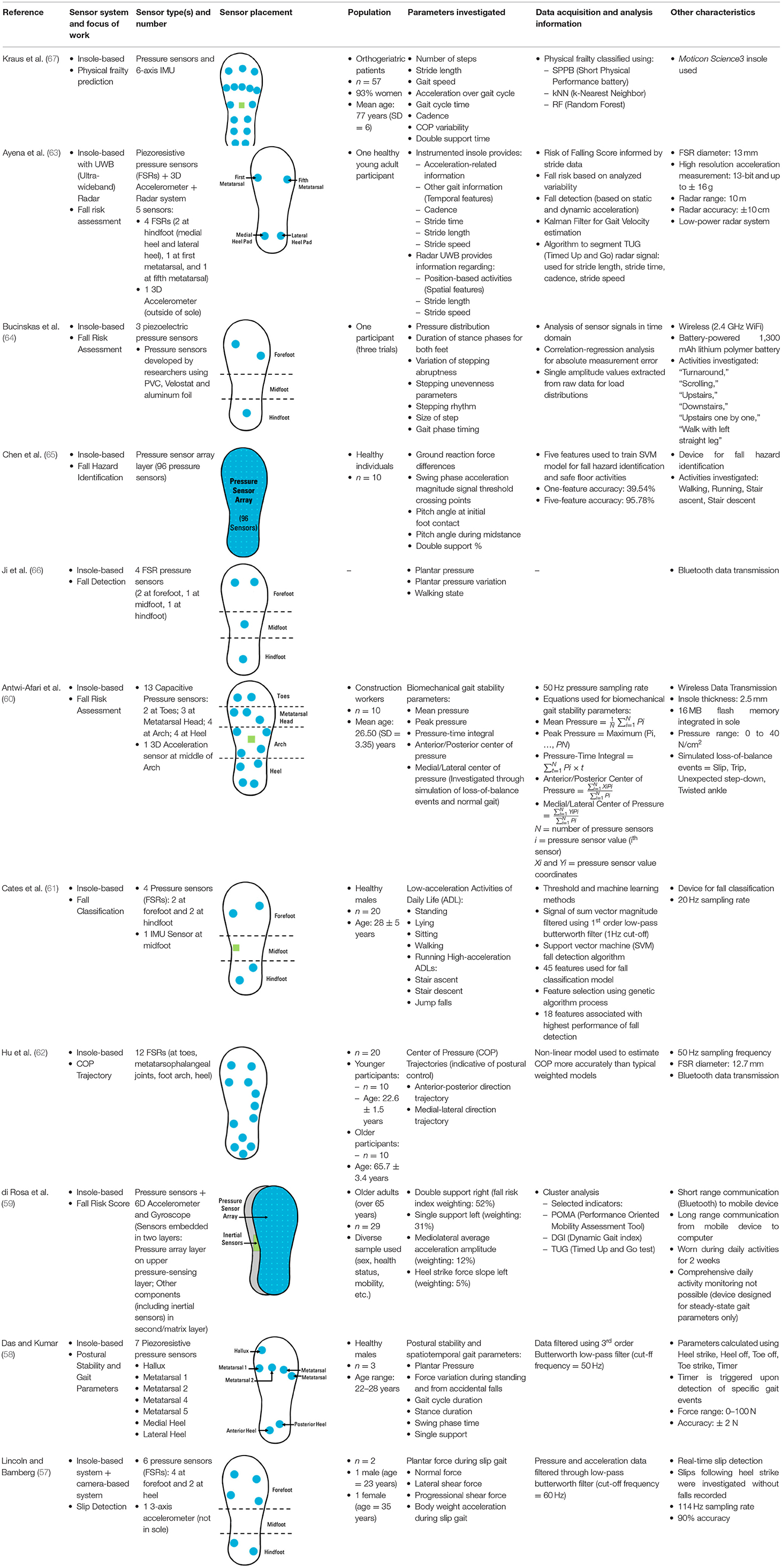Indicators on Dementia Fall Risk You Should Know
Indicators on Dementia Fall Risk You Should Know
Blog Article
Dementia Fall Risk for Dummies
Table of ContentsThe Greatest Guide To Dementia Fall RiskThe 10-Second Trick For Dementia Fall RiskThe Facts About Dementia Fall Risk RevealedThe Basic Principles Of Dementia Fall Risk Dementia Fall Risk Things To Know Before You Get This
Nonetheless, based on symptoms and signs, such as evidence of head injury or a brand-new focal neurologic deficit, calculated tomography or MRI of the brain may be indicated - Dementia Fall Risk. An assessment for reasons for syncope must be performed just if there is solid suspicion, as when it comes to recurrent, unexplained drops
Medical care providers use an autumn danger analysis to identify your threat elements for falling and make useful referrals. Some people try to reduce their fall threat by limiting their task or making every effort to be much more cautious. These well-intentioned habits aren't enough - Dementia Fall Risk. A fall risk analysis is essential due to the fact that knowing which variables increase your opportunities of dropping assists you: Lessen your threat of dropping or hurting yourself.
All grownups 65 years and older must have a preliminary loss risk screening. Have actually fallen in the previous year. Worry concerning dropping.
The 7-Second Trick For Dementia Fall Risk

, and goals especially customized to individuals that are at threat for drops. A is specified as an event that results in an individual coming to rest accidentally on the ground or flooring or other reduced level (THAT, 2021).
Dropping is the 2nd leading cause of death from unintended injuries globally. It is estimated that fall fatality rates in the U.S
Some Known Questions About Dementia Fall Risk.
If this rate continues, the CDC prepares for seven autumn fatalities every hour by 2030.
Each year, over 800,000 individuals are hospitalized due to drops. Nurses play a significant function in stopping succumbs to their people with education and learning, reviewing autumn risk, producing safer atmospheres, and offering treatments in protecting against injuries from falls. Numerous threat aspects and conditions add to drops, including the following:. Matured 65 years and older; reduced arm or leg my latest blog post prosthesis; use assistive tools such as walker, crane, and wheelchair; living alone.
Autumns are due to numerous aspects, and a holistic approach to the private and environment is vital. Expect an individual is taken into consideration at high danger for falls after the testing.
How Dementia Fall Risk can Save You Time, Stress, and Money.
A calls for utilizing a confirmed tool that scientists have checked out to be valuable in calling the reasons of falls in an individual. The degree of fall danger can be established using the analysis of intrinsic and external factors.
Individuals are a lot more likely to drop once more if they have actually maintained one or more falls in the past 6 months. The older population is at raised danger of fall-related readmissions based on a research study recognizing the factors predictive of repeat falls linked look at more info end results (Prabhakaran et al., 2020).
The ability of individuals to shield themselves from drops is affected by such elements as age and development. Older people with weak muscular tissues are more most likely to fall than those who keep muscle mass strength, flexibility, and i was reading this endurance.
How Dementia Fall Risk can Save You Time, Stress, and Money.
Much less comparison level of sensitivity was quite connected with both enhanced rates of drops and other injuries, while reduced visual skill was just related to boosted autumn price (Timber et al., 2011). Sensory assumption of environmental stimulations is vital to security. Vision and hearing impairment limitation the individual's ability to regard risks in the environments.
Older adults that have bad balance or problem strolling are more most likely to fall., or various other clinical problems and treatments., and use of psychotropic drugs (Stanmore et al., 2013).
Report this page